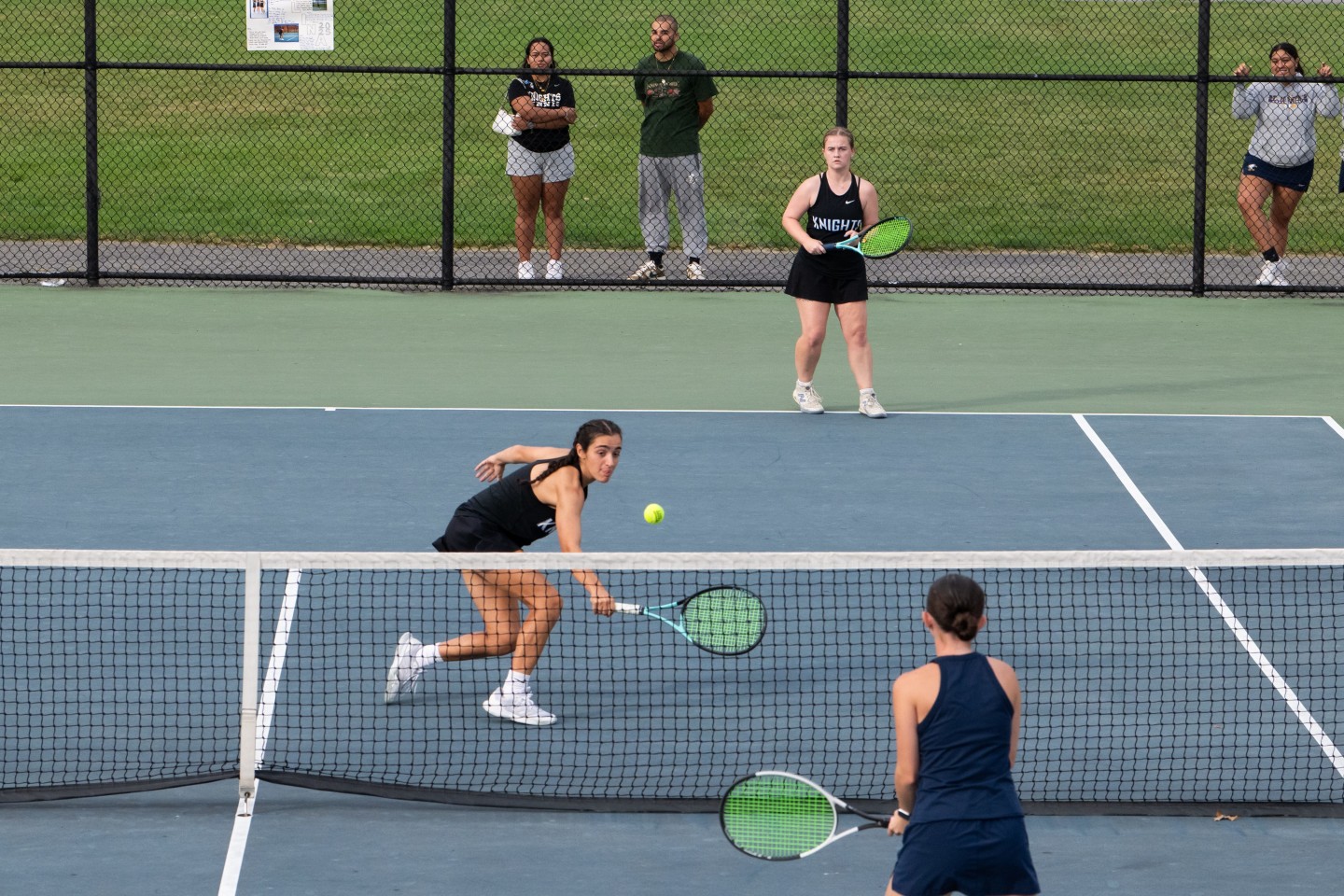Millville High Students Partner with Community in Growing Plants


Environmental Science students at Millville High School only recently gained access to a brand new greenhouse facility. It officially opened in September 2021 as part of the major renovation project currently underway on the Senior High campus. Now, just a few months later, the greenhouse is already giving back to the community.
All of this would not have been possible if not for a chain of community connections that can only be described as “home-grown.” It began with teachers Mike LaTorre and Darren Carr, who co-teach the Environmental Science classes and also manage the greenhouse for the school and are responsible for management of the growing program.
First, the pair made a connection with the Espoma company, a nearly 100-year-old family-owned and Millville-based business that is the leading provider of organic fertilizer in the retail lawn and garden industry. Espoma responded by making a generous donation of organic potting soil and fertilizer to the greenhouse.
According to LaTorre, this was the first step to creating a zero-waste program: “We would like the greenhouse to become self-sustainable by utilizing ‘seed saving’ and using biodegradable pots and organic fertilizers and potting mixes. It was a no-brainer to reach out to the Espoma Company, which was started here in Millville.”
Next, the teachers were put in contact with the Holly City Development Corporation, which created the Millville Community Garden at 401 East Vine Street in Center City Millville. This garden is part of a wider effort to revitalize downtown Millville, as outlined in the HCDC Center City Neighborhood Plan. The Community Garden and fellow science teacher Brenda Hoffman contributed tomato and pepper seeds, which would be the very first plants Millville High School students had the opportunity to grow in the greenhouse.
The chain continued: Lisa Caraway of the Holly City Development Corporation connected LaTorre and Carr with Jeff Quattrone, founder of the Library Seed Bank, which works to help nonprofit organizations establish seed libraries in southern New Jersey. Seed libraries are based upon the premise that seed packets be made available to the public for free, with the understanding that the plants grown from those seeds will contribute seeds back to the library.
The Millville High School Greenhouse was gifted several seed varieties by Mr. Quattrone and will be donating back to the bank with seeds from their grown plants.
A South Jersey connection also came from those seed packets: the aptly named “Garden State Tomato,” which was the tomato used in the original Campbell’s Tomato Soup recipe. Tomato seeds carefully collected and preserved are now growing, with help from the students, in the greenhouse.
What else are the students growing? Cantaloupe, carrots, watermelon, collards, peppers, basil, corn, broccoli, peas, and lettuce. The list seems to go on as long as the rows of plants. Perhaps the more important question is where are all of these plants going? Students Litzy Reinosa and Royalty Wilkins were on hand to answer.
“Students can take plants home to start their own gardens,” explained Reinosa, “The rest will be donated to the Millville Community Garden and seeds will go to the seed bank.” Both she and Wilkins were excited to work on their own home gardens, but understand the significance of contributing to the community garden.
“I live by that garden and pass it every day when I go to school,” said Wilkins. She expressed a desire to see more people in the community get involved in caring for the garden.
What else are the students excited about? Both Litzy and Royalty agreed—seeing the plants complete their greenhouse stage and successfully reach a garden, whether that is in a backyard, a community plot, or even returning as seeds from the seed bank to another pot of soil in South Jersey.
What are teachers Mike LaTorre and Darren Carr looking forward to?
“We are hoping to continue to expand our connections and help other community gardens grow. We are going to begin working with the Atlantic City Community Garden in the near future and start seedlings of collards for them as well,” LaTorre shared.
So the chain of giving continues.







